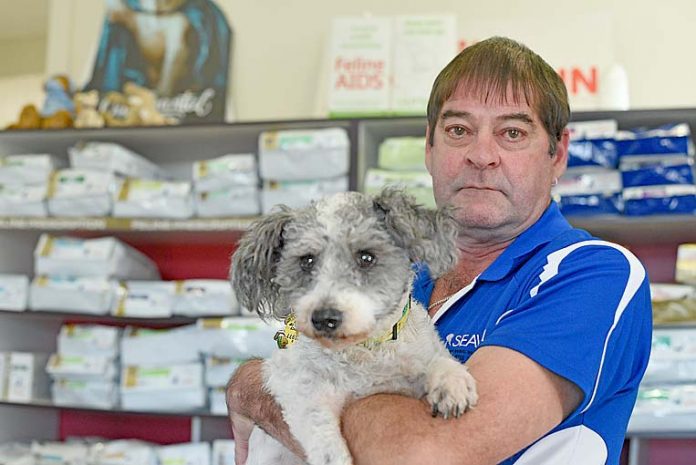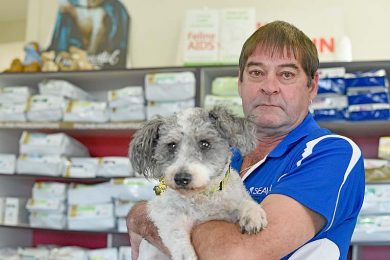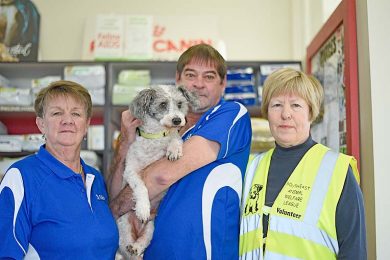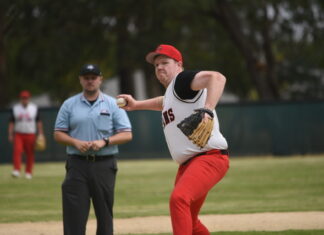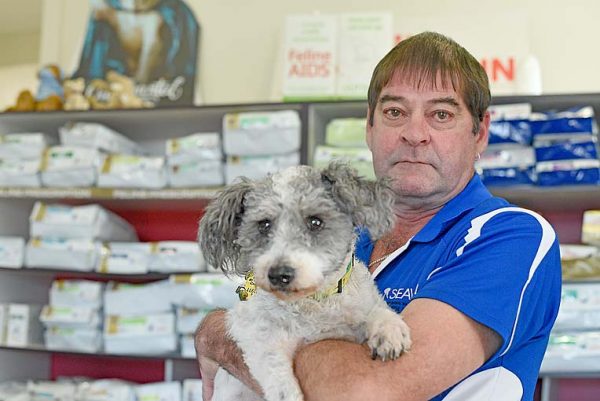
THE future of the region’s largest community animal shelter remains on a financial knife-edge amid revelations its major funding partners are yet to pledge any additional money.
This is despite proponents of the South East Animal Welfare League – which operates a shelter on Riddoch Highway north of Mount Gambier – warning the facility may have to close.
The league’s proponents have pleaded for $100,000 in additional funds collectively from both Mount Gambier City Council and Grant District Council.
League committee members warned if the facility closed it would see dog euthanasia rates climb, animals dumped on roadsides and welfare of animals put at risk.
It is understood Mount Gambier City Council will hold a members’ workshop regarding the issue later this month, while Grant council has flagged it wanted to find a path “forward” for the benefit of the animals and cost-effectiveness for ratepayers.
While the league will not make any “rash” decisions about whether it will close its doors, committee member Trevor Twilley yesterday made a renewed plea for both councils to help the cash-strapped organisation and increase its funding commitment.
He said the league needed to know its financial fate given the new financial year has ticked over and it only had limited cash reserves to continue operating.
“We need the backing of the councils,” Mr Twilley warned yesterday.
“A mere $40,000 per annum (from the councils) is not even paying a single wage.
“We want local councils to take a more functioning share in SEAWL endeavours of kennelling and re-homing animals collected in local public places and thoroughfares.
“If the league closed we would see a huge increase in the number of animals abandoned.”
Mr Twilley warned the league was being hit with rising costs, including cat litter, veterinary care for injured and ill animals, along with desexing and microchipping.
He revealed the facility also ran on a financial “oily rag” given there was just the equivalent of 1.4 full time employees.
“People do not realise the cost of a pallet of kitty litter is $1000 a month,” the advocate said.
“The route to keeping this charitable organisation afloat is diminishing quickly.”
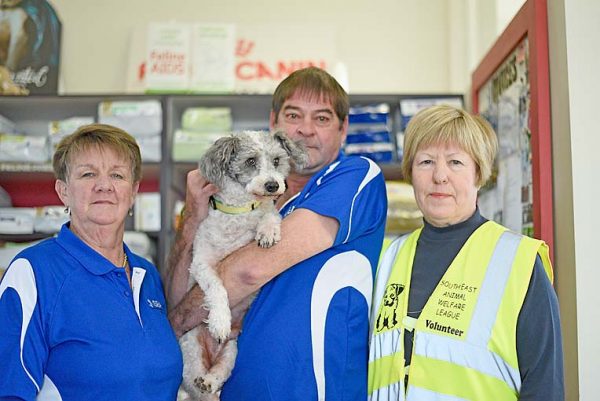
The league posted a financial deficit last year and estimated it would need additional funds above the current three-party agreement to keep operational.
Mr Twilley revealed a former city council document showed it would cost council a staggering $400,000-plus to set up a facility and operate it for the first year.
Moreover, a survey of the league’s pool of volunteers indicated 80pc would not donate time to a council-operated facility.
Fellow board member Natalie Zwar warned the welfare of dogs and cats would be put at risk if the shelter closed.
“Where will the dogs and cats go? Councils only legally have to keep dogs 72 working hours, it does not have to adopt them. They will be potentially euthanised.”
Ms Zwar warned much-loved family pets could be mistakenly euthanised.
She said the league needed to consider whether to keep the facility open in the long term if additional funding was not secured.
“We are not going to close tomorrow, but eventually it might have to,” Ms Zwar warned.
In another major blow for the league, the organisation has also been unsuccessful in the second round of the Building Better Regions Fund.
The rebuild has been put on the “backburner” until it can secure its future.
“The local community is well aware of the efforts being undertaken by SEAWL to raise funds to build new premises which sorrowfully need upgrading,” board member Annie O’Connor said.
“The community has forever stayed generous. Those donated rebuilding funds will be returned to supporters in the event that SEAWL closes its doors.”
The league has also appealed to the community to continue its support for the financially embattled organisation.
“Food and kitty litter are always so gratefully received by SEAWL,” Ms O’Connor said.
The committee is also urging people to consider stepping up for board and sub-committee positions.
“We yearn for more people to support this charity through voluntary work at our kennels and cattery,” Ms O’Connor said.

